“We must not let our homophobic society confine our homosexuality to the bedroom…Our homosexuality must burst forth from the bedroom and leaven all of society.” -Father James Schexnayder

Father James Schexnayder is a retired priest in the Archdiocese of Oakland, California. On June 16, 2016, he will moderate a discussion on homosexuality at Our Lady of Lourdes Parish in Oakland. His long documented history of dissent on matters of Catholic teaching with regards to homosexuality has been widely reported by both the secular and Catholic media. Ordained in 1964, Schexnayder “came-out” as a homosexual in the 1970s after he began connecting with other gay Catholics and started attending Dignity San Francisco. In the 1980s, Schexnayder headed a program to train permanent deacons. In 1986, he started an HIV/AIDS ministry.
In 1992, Schexnayder attended a national conference in Chicago sponsored by the New Ways Ministry and led a workshop there on developing diocesan ministries.
In July 1994, at a follow-up meeting in Chicago, Schexnayder and others formed the National Association of Catholic Diocesan Lesbian and Gay Ministries (NACDLGM). The purpose of this group was to foster gay-affirmative ministries with lesbian and gay people and their families in dioceses, parishes, and other Catholic ministries. In 1995, Schexnayder was elected board president. Later, NACDLGM was renamed the Catholic Association for Lesbian and Gay Ministry (CALGM.)
In a 2004 CALGM newsletter, it stated: “Some of the biggest challenges to the ministry do not come from within the parish or archdiocese. They come from the negative language of some church documents on homosexuality and the ongoing publicizing of it by the Catholic and secular media.”
On March 13, 2015 at the Los Angeles Religious Education Congress, one of the featured speakers was Arthur Fitzmaurice, resource director of CALGM; at his talk, delivered to 800 catechists and religious educators, Fitzmaurice said, he, like many gay Catholics, has turned at various points in his life to Church writings for guidance, including the Catechism of the Catholic Church. He continued: the paragraph on homosexuality — which describes it as “intrinsically disordered” while also demanding respect for gays and lesbians — is placed in a section of the Catechism where there are also paragraphs condemning “pornography, prostitution, and rape;” he continued: “To keep this abusive language in the Catechism and other Church writings is, in itself, gravely evil.”
In 2012, Fitzmaurice said of CALGM: “We never speak anything opposed to Catholic teaching. Regardless, our focus is pastoral ministry, not catechesis. We bring people to a place where they can seek catechesis from their own parish or faith community.” When questioned about gay-inclusive language used on the CALGM web-site, Fitzmaurice responded: “Our members expressed concern that echoing the language used by Courage about sexual behavior would cause confusion that would impede the work of pastoral outreach ministries that strive to reach alienated and questioning Catholics, the very people that Courage turns away…”
Responding to concerns about the group’s apparent lack of orthodoxy, also in 2012, the CALGM board refused to sign on oath that requested each member to: “strive to clearly present Catholic doctrine on homosexuality in its fullness.” The CALGM board declined. Following this refusal, no action was taken against CALGM.
In 2011, Schexnayder published his book “Setting the Table: Preparing Catholic Parishes to Welcome Lesbian, Gay, Bisexual and Transgender People and Their Families.” That same year, he discussed his work at the CALGM 2011 Conference; the line-up of speakers at the Conference read like a who’s who of Catholic “gay” dissenters. Some of his recommendations include the following: that priests should increase parish awareness of gay issues by “celebrating” Solidarity Sunday on the first weekend of October, allowing homosexual parishioners to pass out rainbow ribbons; in addition, parishes should open marriage and family support programs to homosexual “couples.”
In 2015, Schexnayder was one of the signatories on a document requesting that Pope Francis to “reinstate” the ordained deaconate for women.
See: https://www.wijngaardsinstitute.com/documented-appeal-reinstatement-ordained-women-deacons
In 1995, Schexnayder said: “There are six or seven Scripture passages referring to same-sex sexual activities and there are over 600 references to heterosexual activity. And this doesn’t mean that God does not love heterosexuals; it’s just that they need more supervision.”
In 1998, when asked about homosexual activity, Schexnayder said: “The Church validates the sanctity of an individual conscience. After a certain point, it’s nobody’s damn business. What are we going to do? Ask everybody? We don’t do that of heterosexuals. Because they have a loving relationships before marriage, do we go around asking, ‘Are you sexually active?’”
Again, in 1998, responding to a statement made by Courage-Founder, the late Fr. John Harvey, who stated that diocesan lesbian and gay ministries “do not provide a spiritual program for chaste living,” Schexnayder said: “The Catholic catechism states: ‘Chastity means the successful integration of sexuality within the person and thus the inner unity of the person in their bodily and spiritual being.’ These holistic ministry programs support integration within the person and within the supportive faith community.
The pastoral letter ‘Always Our Children’ affirms ‘sexual orientation (heterosexual or homosexual) as a deep-seated dimension of one’s personality.’ Clearly, this is something to be integrated rather than denied or feared.”
In 2000, “We’re just trying to help people live their whole Christian lives,” Schexnayder said. “Chastity is one virtue, but it’s not the only virtue. We don’t put a spotlight on (the sex lives of) heterosexuals, and it’s not productive to do that with gays and lesbians. We’re not negating church teaching. We’re just trying to put them in context.”
In 2002, he said “I don’t think the Church is going to deal with gay and lesbian marriages, but in its history and those who have done research on this, the Catholic Church and other Christian churches like the Orthodox church, have in fact in history blessed same-gender unions as spiritual bondings, and there are saints who have had very committed relationships.”
Schexnayder, and the organization he helped to found, seems to be the complete embodiment and fulfillment of this 1986 warning from the Congregation for the Doctrine of the Faith – someone who gives the impression of upholding Catholic teachings, but also nuances every statement of fact with deliberate ambiguity:
“…this Congregation wishes to ask the Bishops to be especially cautious of any programs which may seek to pressure the Church to change her teaching, even while claiming not to do so. A careful examination of their public statements and the activities they promote reveals a studied ambiguity by which they attempt to mislead the pastors and the faithful. For example, they may present the teaching of the Magisterium, but only as if it were an optional source for the formation of one’s conscience. Its specific authority is not recognized. Some of these groups will use the word “Catholic” to describe either the organization or its intended members, yet they do not defend and promote the teaching of the Magisterium; indeed, they even openly attack it. While their members may claim a desire to conform their lives to the teaching of Jesus, in fact they abandon the teaching of his Church. This contradictory action should not have the support of the Bishops in any way.”
(Pictured below: Slides from a presentation given by Schexnayder.)
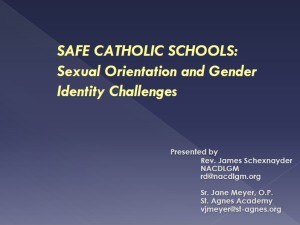
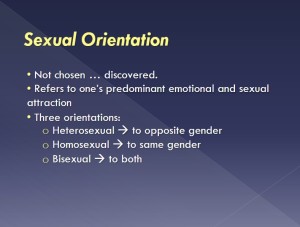
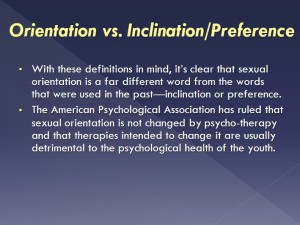

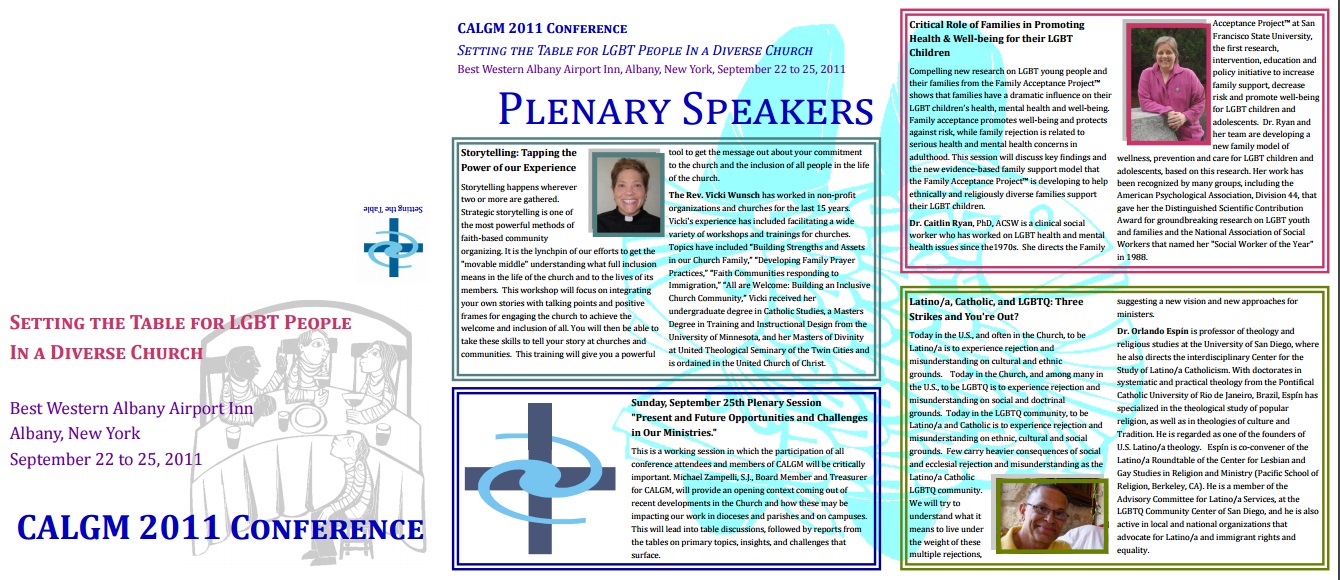

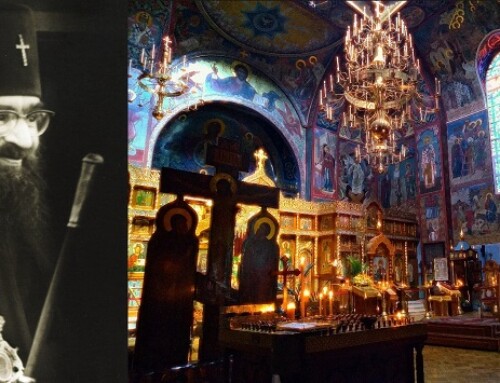

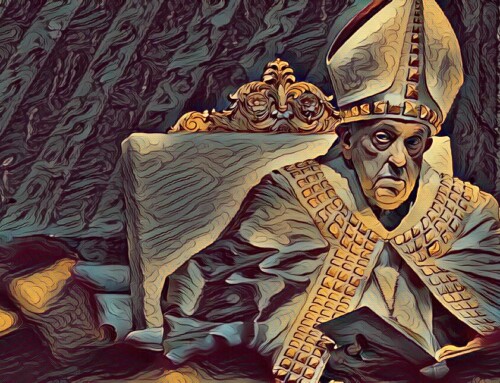
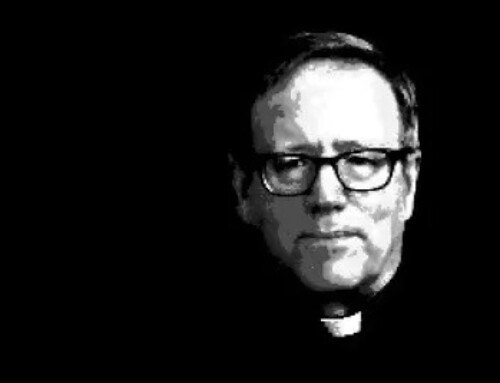
A catholic priest should know better than to use only a partial quote from the Catechism. “2337 Chastity means the successful integration of sexuality within the person and thus the inner unity of man in his bodily and spiritual being. Sexuality, in which man’s belonging to the bodily and biological world is expressed, becomes personal and truly human when it is integrated into the relationship of one person to another, in the complete and lifelong mutual gift of a MAN AND A WOMAN.
The virtue of chastity therefore involves the integrity of the person and the integrality of the gift.”
Enjoyed every bit of your forum topic.Much thanks again. Really Cool. Ostrov